Welcome to issue 69 of the Call to Comms!
This week, as World Environment Day falls on June 5, we asked Erwan, our ecological transition intern at TSF, to explain what ecological transition means at TSF.
Meet Erwan, Ecological Transition Intern at TSF
Erwan is a Geography and Urban Planning student. He joined TSF to work on the ecological transition within our NGO. We'll leave it to him to explain his work and what the ecological transition means for TSF.
Can you explain what your role entails at TSF? What are your main responsibilities?
“My job here is to overview every project that is linked to TSF’s responsibility towards the environment and climate, and my two main responsibilities would be to supervise the Greenhouse Gasses (GHG) emissions, and participate in another project on sustainable purchasing.” Erwan explained.
Ecological transition cannot be achieved alone: TSF's GHG assessment is part of an initiative supported by the New Aquitaine region and assisted by a specialist consultancy, while the sustainable purchasing project is done in partnership with the Chamber of Commerce and Industry.
TSF is also part of the Humanitarian Environment Network, a group of French NGOs that was created to discuss environmental issues and improve the way these are addressed in humanitarian action.
Why is it important for humanitarian organizations to work on their environmental transition?
“Well, humanitarian organizations are already doing far more good than harm. So they have to focus on humanitarian action. But ecological transition is not incompatible with providing the best humanitarian services.
Some will say that some companies have a greater impact and that ours, as an NGO, may not be as significant, but we can still help to achieve the target set by the IPCC (Intergovernmental Panel on Climate Change).
Also, as a humanitarian organization, we may have a role in advocacy since humanitarian organizations have always been pioneers in a great number of subjects, environment and climate change being one of them.
Humanitarian organizations follow the ‘do no harm’ principle. This principle also applies to our impact on the climate and the environment: if we want to help people affected by extreme weather events, our first responsibility is to control (and if possible reduce) our own contribution to climate change.”
“The transition is about making our best efforts to participate in the collective process that will lead us to overcome the ongoing climate crisis.”
You have been working on an environmental charter for TSF. Can you share with me three key points from this charter?
“The first key point is TSF’s commitment to assess and reduce its GHG emission in order to reach the goals fixed by the Paris Agreement on Climate Change and the IPCC.
A second key point is to reduce our direct impact; for example when it comes to energy, water and waste management.
The third key point I'd like to emphasize is that we need to ensure that the activities are appropriate to what is happening locally in terms of the ecological transition. We need to work with local communities and local leaders to ensure that the project fits in with what is happening locally. This is already the case for all the logistical and social aspects of our projects. This third key point is to include the environmental and ecological aspects of a mission in our work with local communities.”
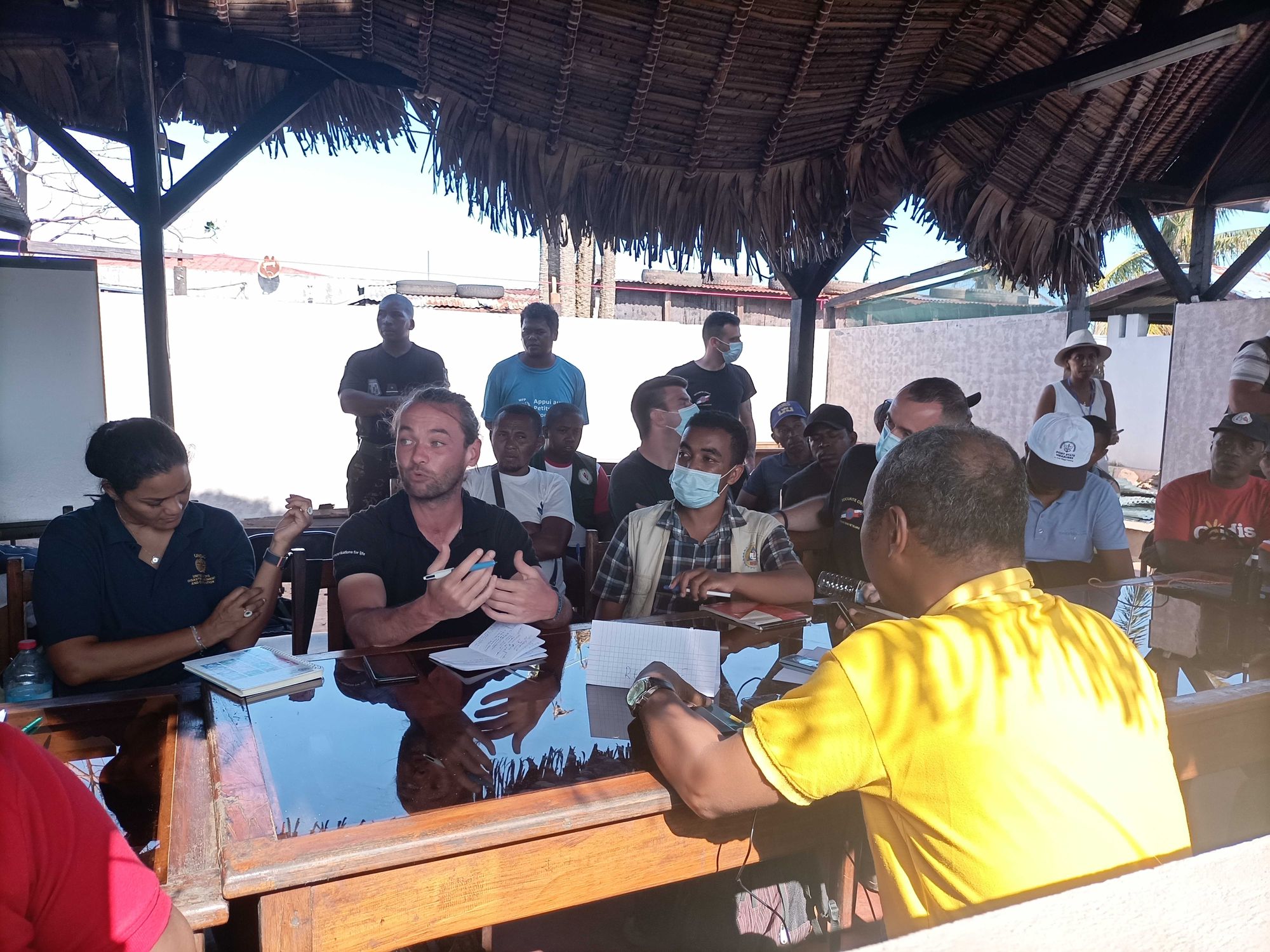
Finally, what are TSF’s main objectives when it comes to environmental transition at large?
“The role of the ecological data is for TSF to have thematic guidelines for its ecological transition in general. But in a broader way, the transition is about making our best efforts to participate in the collective process that will lead us to overcome the ongoing climate crisis. ‘Do our part’, if you will."
See you next week!
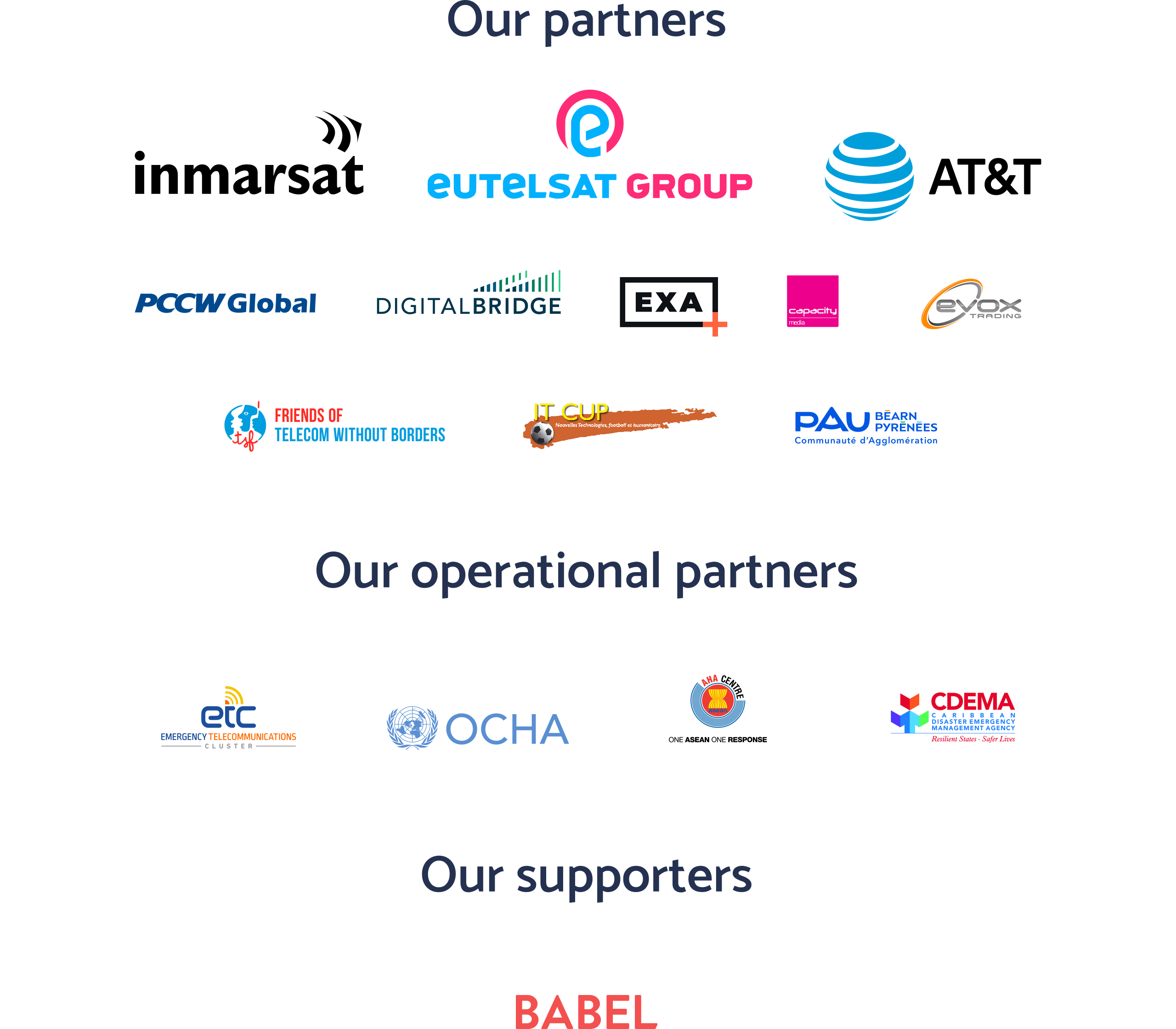


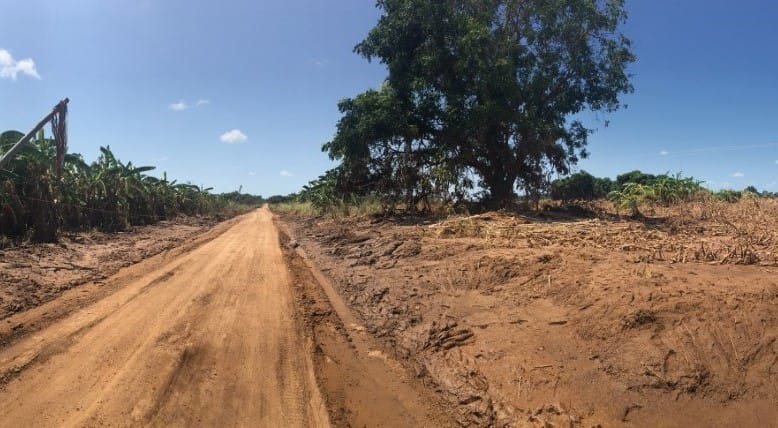




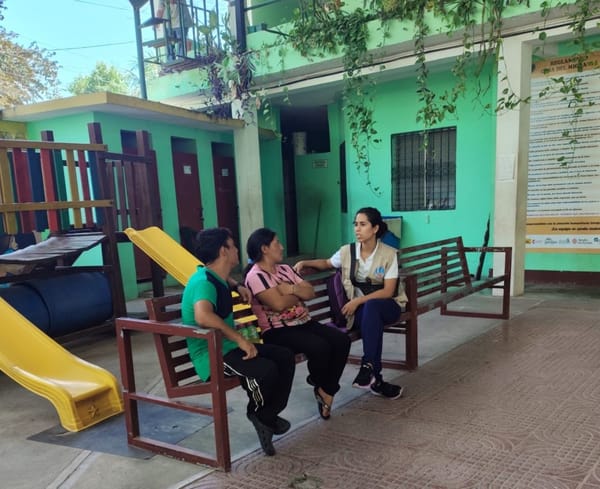
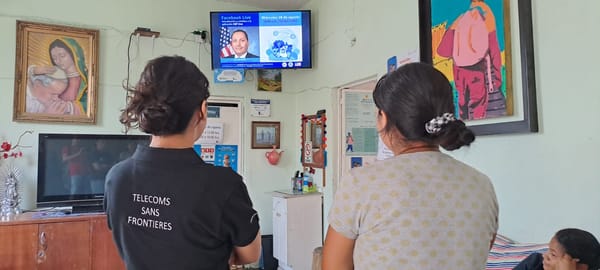

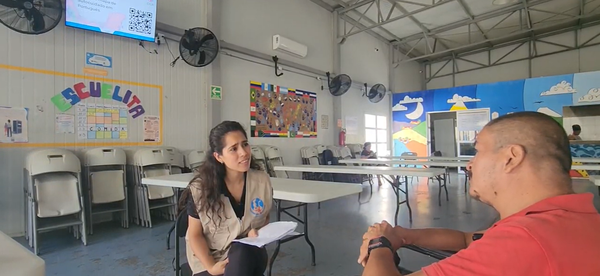
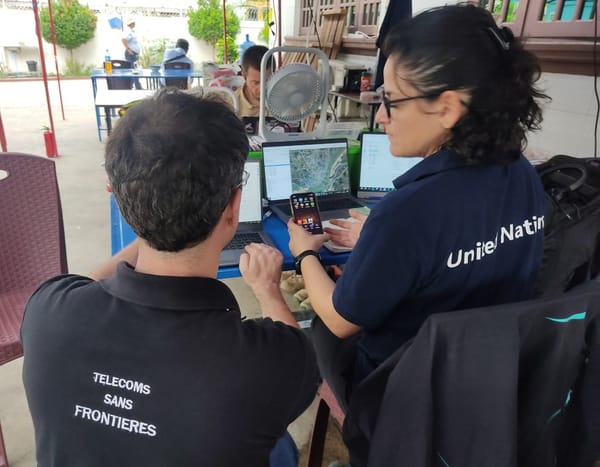
Member discussion